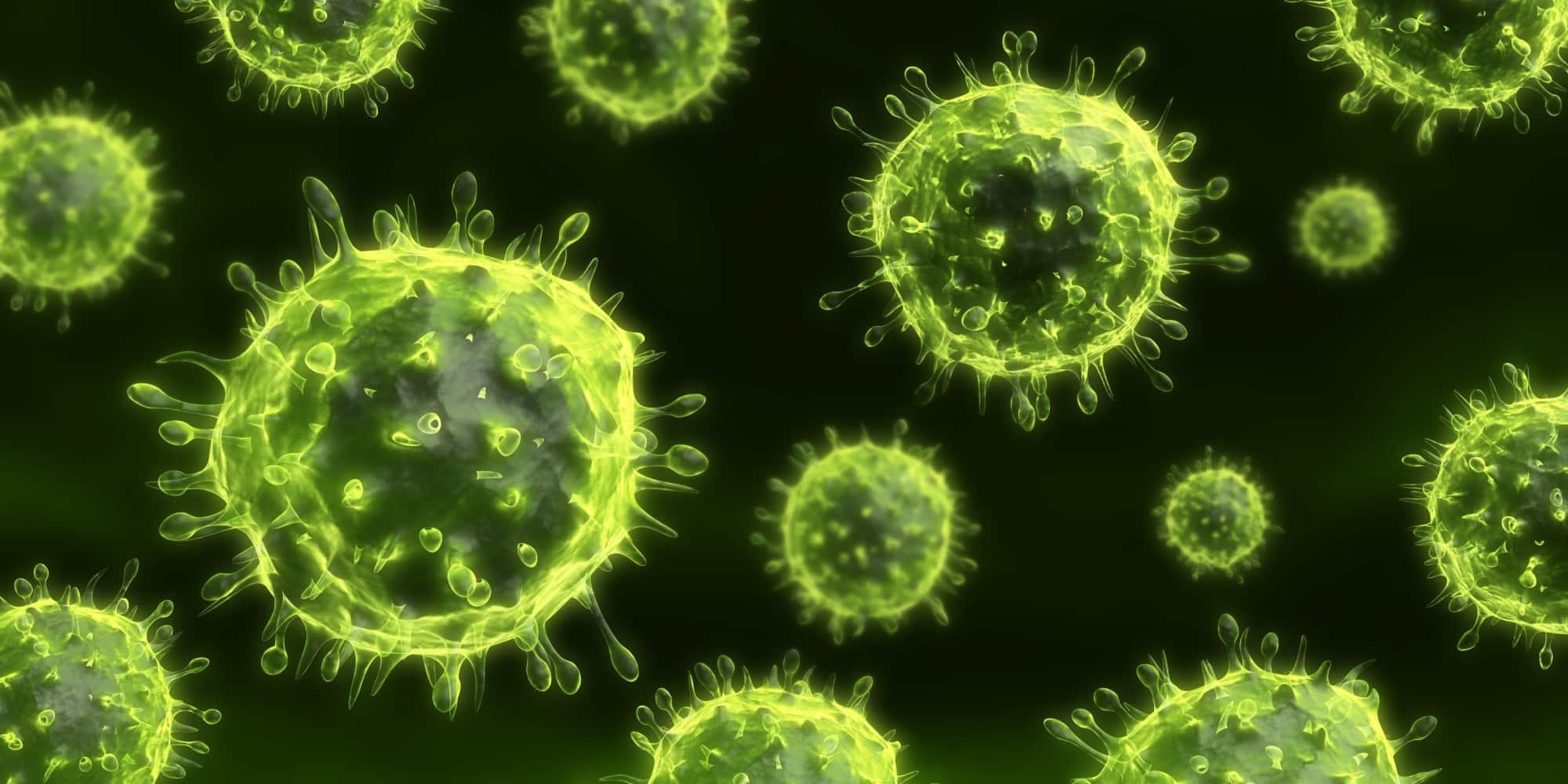Molecular virologist say that these viruses are poised to cause outbreaks, with most emerging viruses being cyclic in nature, broad based potent drugs are needed to be on self ready to control future epidemics.
As an experimental broad spectrum antiviral drug GS-5734 has been reported by researchers to show great promise as published in mBio. Prior studies on GS-5734 show that the drug is capable of inhibiting MERS and SARS coronaviruses as well as infection by Ebola virus. GS-5734 is also able to inhibit murine hepatitis virus, which is related to human coronaviruses that can cause respiratory tract infections, according to researchers.
Mini models of human lungs which consisted of airway epithelial cells collected from transplants were used to test GS-5734, as those cells express proteins and genes of the airway which coronavirus infections target, researchers use them as a facsimile for hot tissues. It was noted that the team had been able to identify how the virus fights back against GS-5734, which is important to predict whether an antiviral may be effective in human hosts.
GS-5734 belongs to the nucleoside analog class of drugs that works by inhibiting virus replication. Viruses evolve rapidly developing mutations which confer resistance to drugs. Genetic mutations in coronaviruses triggered by exposure to GS-5734 were identified by the researchers which significantly weakened the virus suggesting it may be effective to outplace viral evolution. Location targeted doesn’t appear to have much capacity to evolve and escape the effects of GS-5734, drug resistance was reported to be very difficult to scheive.
Coronavirus epidemics can be rather harsh and devastating. More than 2,000 people spanning 27 countries have been infected by MERS with 750 deaths since September 2012. 2003 SARS epidemic involves upwards of 8,000 infections spreading to 29 countries with 774 deaths according to the World Health Organization




